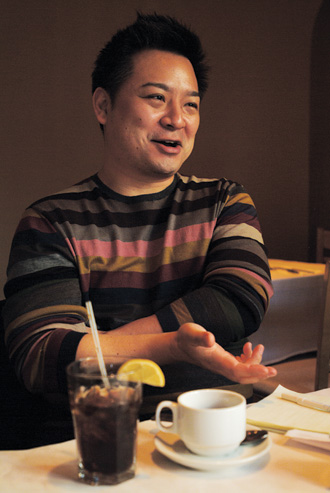APRIL 16 — Many of my classmates died on campus this morning. They were gunned down in classrooms and dorms by a killer wielding two semi-automatic firearms and meticulous amounts of ammunition.
Not long after dawn, two of the victims lost their lives in a dormitory roughly five minutes from my own. On warmer days, I have left my windows cracked open — which would have been enough to hear the gunshots. Instead, most students in my building remained in isolated ignorance until the official news hit us. We could only imagine what had occurred when the e-mails were issued by our university two hours later: “Shootings reported in West Ambler Johnston. Stay indoors and away from all windows. All classes are canceled.”
Yet by the time this message had reached students, the shooter was already composing a second massacre in a separate building across campus. The news stations on television were broadcasting their own versions of the story through the halls. At the time, authorities had only reported one death and several injuries. To our growing dismay, however, the official death toll on campus rose to more than 20 bodies within the next hour. Our horror only escalated as these figures continued to rise in increments, ultimately amounting to the worst shooting massacre in U.S. history: 33 dead and 29 injured.
The violence impacted me on an intimate level. Shockingly, the shooter had shared many of my own characteristics: We were both Koreans as well as senior-year English majors attending the same school.
Before our timid little college town was flooded by satellites and cameras, Seung-Hui Cho was just another faceless nobody in an anthill of 27,000 young people. Sadly, it was not long before each one of us apprehended the hateful message of this sole individual. We suddenly felt the weight of 33 lifeless bodies on campus that attracted swarms of flies from all over: Maudlin reporters from MSNBC and Fox News encroached on our already fragile sense of security. The Westboro Baptist Church (infamous for picketing funerals and its stance that death is God’s retribution for “sodomite sins”) actually showed up at some of the local memorials of fallen Virginia Tech students. Television pundits pointed to our tragedy and spewed political debates over gun control.
Meanwhile, an angry ex-nobody became famous overnight. Sometime during the frenzy, our town closed its eyes and patiently waited for everyone to disappear. Time passed before we all fully awoke from our transient nightmare.
Thankfully, my peers remained courageously steadfast throughout the experience. I am especially proud of my colleagues for their sense of unity, even toward those who incidentally share the same sex and race as the shooter. Since the tragedy, both our Korean and English-major communities have extended their sincere compassion to the families of victims, as well as those of the perpetrator. Even with possible backlashes against our university, my professors, or Korean Americans, I remain focused on what matters most: my classmates who died on the morning of April 16.
Hokies will remember this date as a marker for how we overcame our greatest tribulation in history. This is the type of sincerity you will not find on any news station anywhere.
Andrew Chang is a senior majoring in English at Virginia Tech.






